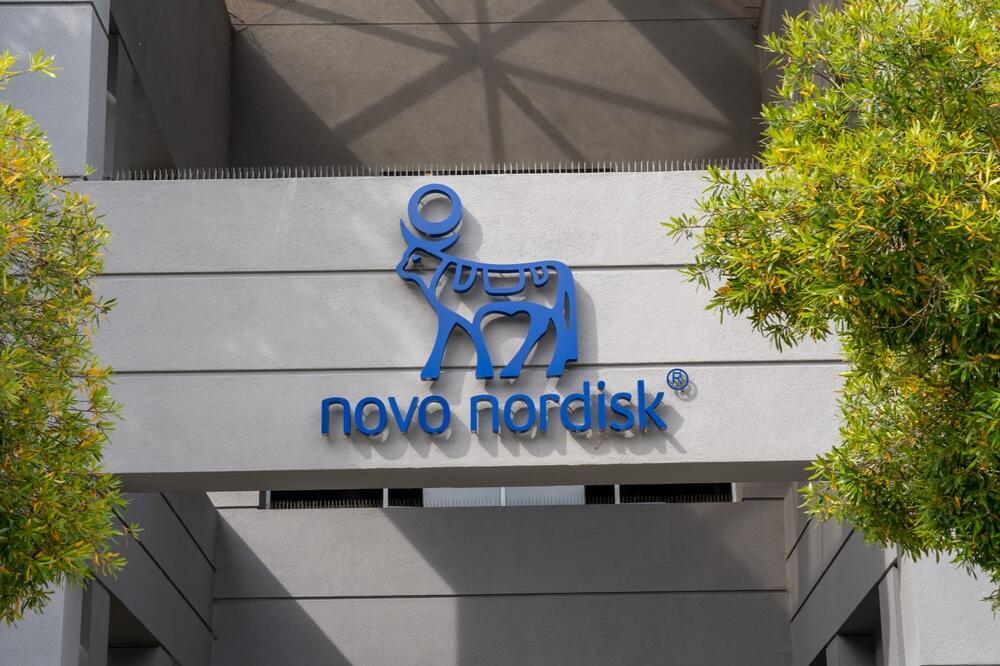Novo Nordisk, maker of the weight-loss and Type 2 diabetes drugs Ozempic and Wegovy, cautioned this week that counterfeit versions of the drugs’ active ingredient, semaglutide, may be linked to at least 10 deaths and over 100 hospitalizations in the United States.
According to the U.S. Food and Drug Administration (FDA), these reports have yet to be verified, meaning no official confirmation has been made that the counterfeit drugs directly caused the adverse events
Ozempic and Wegovy, which contain semaglutide, are FDA-approved for treating obesity and Type 2 diabetes. However, ongoing shortages have led some U.S. pharmacies to offer compounded versions of semaglutide—a process in which individual pharmacies prepare alternative formulations, which are not subject to FDA oversight. Novo Nordisk warned these compounded versions may lack proper dosing and could contain unverified or harmful ingredients.
"Each report of adverse reactions must be carefully investigated,” said Dr. Lior Neuman, a specialist in family medicine and endocrinology at Maccabi Healthcare Services. “The identities and medical histories of those affected, along with any other medications or supplements they were taking, remain unknown."
Dr. Neuman noted that while semaglutide is the active ingredient in both Ozempic (for diabetes) and Wegovy (for weight loss), compounded products may come in unregulated forms such as drops, pills or injections.
Demand for these alternatives is reportedly increasing, with semaglutide shortages affecting availability in the U.S. for over two years and creating sporadic shortages in Israel, most recently for Ozempic's lower-dose formulation (0.25 mg).
 Dr. Lior Neuman Photo: Hila Shahar
Dr. Lior Neuman Photo: Hila ShaharNovo Nordisk CEO Lars Fruergaard Jørgensen expressed concern about the situation in the U.S., telling CNN: “Patients who believe that they’re getting access to a safe product, and they believe they’re getting semaglutide… I know for a fact that they are not getting semaglutide, because there’s only one semaglutide, and that’s produced by Novo Nordisk, and we don’t sell that to others.” Jørgensen warned about the dangers of purchasing imitation drugs online, in spas or at weight-loss clinics, where patients may be unknowingly exposed to unsafe products.
In October, Novo Nordisk formally requested that the FDA ban compounded versions of semaglutide and tirzepatide—active ingredients in Ozempic and Mounjaro, respectively, which are used to treat Type 2 diabetes and obesity—arguing that the compounds are too complex to be safely manufactured by pharmacies.
The FDA acknowledged that it had received reports of adverse reactions requiring hospitalization that may be linked to dosing errors in compounded semaglutide injections. The agency is still reviewing Novo Nordisk’s request but has not yet issued a ban on the compounded products.
“With no oversight, we currently have no way of confirming a connection between the hospitalizations and fatalities and these compounded medications,” explained Dr. Neuman. “These reports are often filed by patients or vendors themselves, and it’s essential to ensure there’s no duplication and that the reports are credible, including verification of whether the products even contain semaglutide.”
Dr. Neuman emphasized that FDA-approved semaglutide products, manufactured by Novo Nordisk, are intended to enhance patient health rather than pose risks. “In an eight-year study, Ozempic was shown to significantly reduce risks—by approximately 26%—of non-fatal heart attacks, strokes or cardiovascular-related death compared to the placebo group,” he said.
Novo Nordisk’s latest study on Wegovy, a weight-loss medication, showed a 20% reduction in the risk of non-fatal heart attacks, strokes and cardiovascular-related deaths, according to Dr. Neuman. The findings also indicated a significant 20% drop in overall mortality, he said.
While FDA-approved versions of semaglutide, including Ozempic and Wegovy, have shown promising results, they are often listed on the agency’s drug shortage list, with monthly supplies priced around $1,000. These high costs and shortages have led many U.S. pharmacies to offer lower-cost compounded versions.
The FDA recently warned of counterfeit compounded versions containing salt forms of semaglutide with different ingredients than the FDA-approved formulations, raising safety concerns. The agency said it is investigating and is concerned for patients’ health.
Novo Nordisk reported a 79% global sales increase for Wegovy last quarter compared to the same period last year, with a 22% rise in the U.S. alone. While substantial investments in production have improved supply, the company cautioned that shortages may persist in the near term.
Given the surging demand for weight-loss medications following FDA approvals, Novo Nordisk said it remains in close communication with the FDA to ensure a safe, stable supply of the approved treatments only.
Get the Ynetnews app on your smartphone:



